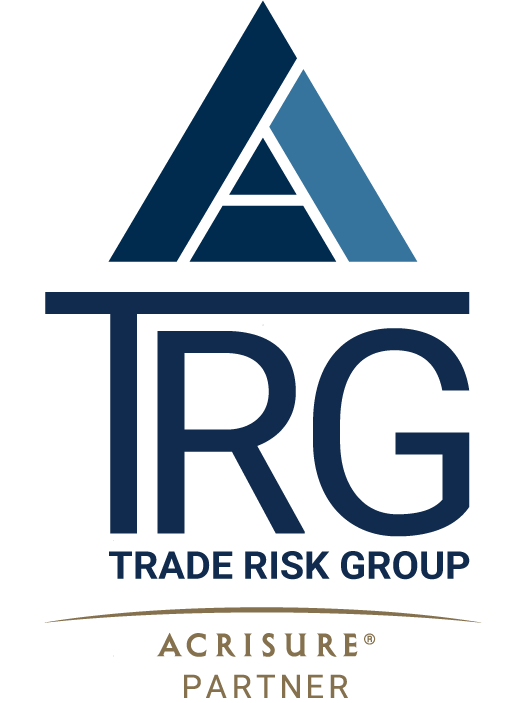Can a Company Use Chapter 11 to Shield Itself from All Product Liability?
An interesting legal question that will be playing itself out over the next number of months is whether a company’s Chapter 11 filing gives it the ability, once it has emerged from Chapter 11, to shield itself from all product liability related to the “old” company, or just certain defined aspects of liability.
The case at hand is General Motors and their much publicized ignition-switch problems. GM filed Chapter 11 five years ago. When they emerged, the “New GM” assumed only liability for post-bankruptcy court “accidents involving Old GM vehicles causing personal injury, loss of life or property damage.” In line with that, GM is in the process of setting up a fund to pay victims of crashes connected to the ignition-switch recall. However, what GM is so far refusing to do is compensate economic losses suffered by car owners who have suffered a drop in value of their vehicles as a result of the recall. Currently, about 100 of those lawsuits have been filed. If ultimately allowed by the court, GM’s additional liability for compensating for economic loss could run into the billions of dollars.
Manhattan US Bankruptcy Judge Robert Gerber will have a tough decision to make. GM’s argument is that its bankruptcy filing shields it from all liability except that which it specifically assumed when it emerged; the plaintiff’s argument is that a company shouldn’t be allowed to hide possible liabilities, then claim they are wiped away with a bankruptcy filing. It appears that the question of what GM executives knew, and when they knew it in connection with the ignition-switch problem will play a key part in deciding this issue.
If the court ultimately determines that GM is not liable for economic losses, creditors beware, as this precedent would give large companies another potential strategic reason to choose bankruptcy in the face of a product liability issue.
A Tale of Two Domestic Retail Giants: Credit Risk of Sears Holding and JCPenney
As the US economy continues its slow recovery, domestic retailers that market to low to middle-income consumers continue to struggle. Two of the most watched retailers Sears Holding and JCPenney have shown mixed success in recent quarters.
Due to increased liquidity and higher than expected sales in the first quarter 2014, JCPenney tentatively appears to be weathering the economic storm. Moody’s has recently upgraded the retailer as credit positive, allowing credit insurers to be more cautiously optimistic about the retail giant’s recovery than they were last summer.
Unfortunately, Sears Holding continues its struggle with 28 consecutive quarters of sales declines and a $1.37 billion loss last year. The outlook for Sears Holding continues to be credit negative.
While credit insurance companies continue to provide protection to Sears Holding Corp. suppliers, many have scaled back coverage in recent months. Notably, Coface and AIG have reduced existing credit insurance coverage for Sears’ suppliers and have even declined protection to new vendors. The size of some new coverages have been reduced as much as 50%.
Conservative credit insurance underwriting has caused vendors to sell smaller quantities or stop supplying to Sears all together. Some suppliers have resorted to purchasing Credit Puts, a more expensive form of coverage, to mitigate risk of nonpayment by Sears. Sears Holding continues to be one of the most difficult domestic retailer to get covered by credit insurance. Some long-term Sears suppliers have stuck by the giant during previous tightening and hope that this too will subside.
Sears Holding Corp. is not the only retailer that is facing reduced credit insurance coverage. Suppliers are also seeing more conservative policies for electronic and appliance retailers.
For help with trade receivable protection for JCPenney, Sears Holding or any domestic retailer, lease contact Gene Ferraiolo at 610.353.1785, or email to gene@traderiskgroup.com.
A Credit Insurance Solution for a Large Company Dilemma
If you are a large company with thousands of small commercial customers, you undoubtedly wrestle with the issue of how to manage credit at this lower end of your portfolio.>
On one hand, making the effort to establish creditworthiness of your customers before you ship is important in order to to limit bad debt / collection issues that may put a strain on your company’s working capital, as well as on your credit department’s time and resources. On the other hand, however, devoting too much credit department time and resources on this end of your portfolio may not make sense either from a cost/benefit perspective.
To address this problem, TRG has developed a credit insurance solution that provides an automated credit scoring and coverage system, enabling you to ship with insurance coverage to new or existing small commercial customers (credit limit exposures of $100,000 or less) at the push of a button.
This system frees up your credit professionals from the task of analyzing small exposure risks, enabling them to concentrate on higher-level functions. Moreover, in the event that a covered customer defaults on payment, you can use the insurance company to collect on your behalf at very low collection costs, and/or you will receive a claim payment from your policy and be able to turn the case over to the insurance company to manage the case through bankruptcy court, freeing up credit management time and effort.
If this dilemma applies to your company, and you would like to speak with us further about designing a solution, please contact Gene Ferraiolo at 610.353.1785, or email togene@traderiskgroup.com.
6 Surprising Bankruptcies No One Saw Coming
If you find yourself thinking that your customers, especially your large customers, are “rock solid”, you may want to read a recent piece published by Euler Hermes, the world’s largest credit insurance company, which briefly details how six established companies unexpectedly defaulted, leaving creditors holding the bag for millions.
To receive the article, please email me atgene@traderiskgroup.com
